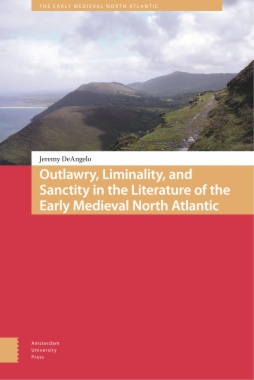The book addresses the role of particular monstrous figures and apocalyptic scenarios in contemporary cinema and television and evaluates the political potential of horror and sci-fi narratives in our age of never-ending crises. The purpose of the book is to demonstrate how witches, zombies, and cyborgs (among other figures) present the spectre of new people to come, of new possibilities to inhabit the Earth against the apocalyptic fates of Capitalism.
Written in an ‘acid communist’ spirit, the book shows how it is possible to politicise contemporary popular culture tropes and figures, mapping the anxieties they express and also their undisclosed potential and resources. Balancing personal commentary and academic analyses, the book expresses Deleuzian trust in the power of moving images as instruments that allow us to inhabit the present and believe in this world notwithstanding alleged ends of all worlds.
- Cover
- Table of Contents
- Acknowledgements
- Introduction
- Introduction
- The Powers of Horror: The Monster as a Promise
- Methodology: A Cyberpunk/Neuropunk Cinematic Experience
- 1. Cyborgs: Ownership and the Self
- Transhumanist Entrepreneurship
- The Dark Side of Cybernetic Assemblages
- Beyond Dualism
- Ecological Cyborgs
- 2. Apocalypse: Reproductive Crises and Capitalist Suicidal Machines
- The Many Faces of Reproductive Crises: Children of Men
- Apocalypses and Apartheids
- Cruel Optimism
- Lines of Abolition
- 3. Witches: The Transformative Struggle of Re-Commoning
- A Genealogy of Witches and Witchcraft
- Recent Examples
- Dark Motherhood
- Monstrous Mothers as Alien and Cyborgs
- Mothering Monstrous Communities
- 4. Zombies: Undead Retaking the Earth
- Hobbesian Zombies: Bring Order Back
- Satire: Zombies Are Not the Issue, Humans Are
- Zombies vs Spectres
- Spinozist Zombies, or Why Romero’s Undead Lesson Endures
- Coda: How to Become a Zombie in Five Steps
- Bibliography
- Index

